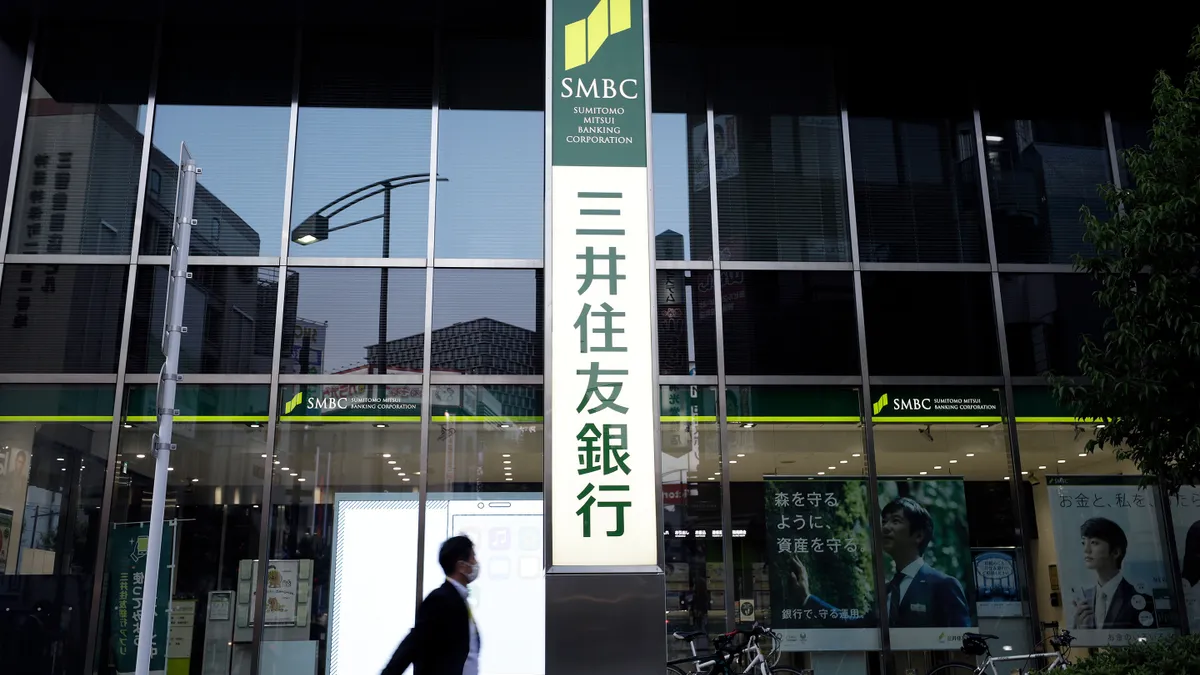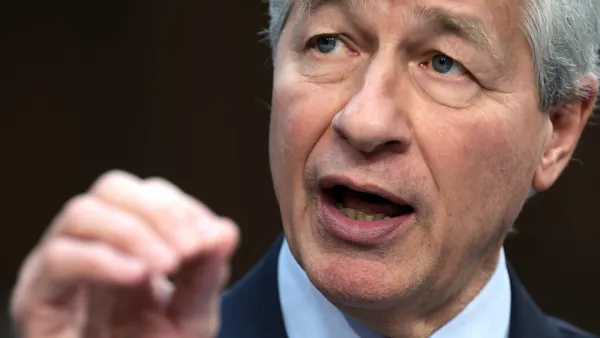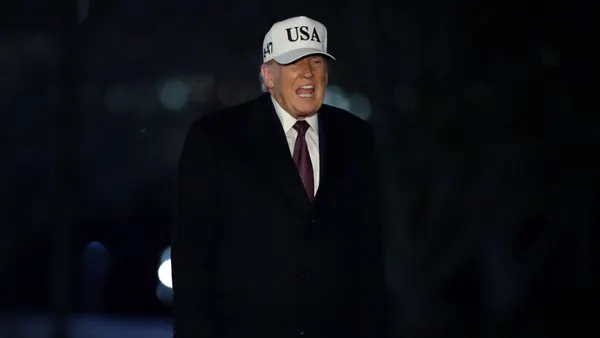Federal Reserve Gov. Michael Barr called on policymakers Wednesday to “resist the pressure” to loosen banking industry regulations or refrain from imposing rules on new activities during robust economic times.
Pointing to periods in U.S. history when more lax regulatory environments led to crisis, Barr warned that “weakening often appears justified at the time and may be implemented by well-meaning policymakers who simply miscalculate the long run effects of their actions.”
Speaking at The Brookings Institution on Wednesday, Barr, a former vice chair for supervision at the central bank, said he’s worried that’s happening now, referencing some of his recent dissenting opinions on Fed proposals related to stress testing and the supervisory rating framework for big banks.
With proposed changes to stress testing – an important innovation coming out of the global financial crisis – “the board is responding to the current environment by agreeing to go through a process for the stress testing that I think is likely to ossify the stress test, make it easier for the banks to game those stress tests,” Barr said. “People are doing this for good, well-meaning reasons, but I’m really worried that, over time, stress testing will become less effective.”
Barr, who has been on the board since 2022, stepped down from the vice chair role in February. Michelle Bowman, appointed by the Trump administration, has since filled that position on the board and has moved swiftly to pursue changes to supervisory ratings, for example.
On Wednesday, Barr highlighted the circumstances that led to the Great Depression, the savings and loan crisis of the 1980s and 1990s, and the global financial crisis, and lessons learned from each, calling those lessons “one of the most important resources that policymakers have.”
“An important lesson we can draw from U.S. financial crises is the role that ill-advised weakening of the bank regulatory framework played in those crises,” Barr said. “It is well within our ability, and is our duty as regulators, to learn from these episodes to avoid making the same mistakes.”
Preceding those events, there was “heady confidence that market discipline would control risk-taking, that downside risks were so implausible as not to merit attention, and that easing regulation was justified,” meaning “insufficient thought was given to how regulatory weakening might create new vulnerabilities,” Barr said.
“A bit of humility would have helped,” he added.
Although the industry is once again experiencing the political pendulum swing, shifts in regulatory philosophy across presidential administrations aren’t unique, Barr acknowledged.
“Bank regulation involves trade-offs, and those trade-offs involve decisions about how much to worry about risk in the financial system, as compared to efficiency gains that you might have in the shorter term,” he said. “That’s appropriate for people to debate and to disagree about.”
It’s important to rethink regulation on a periodic basis, Barr said, “not in one direction or another, not to say there’s more regulation or less regulation, but do we have the right mix of regulation?”
Memories are short, Barr said, recalling the March 2023 banking sector stress caused in part by a prior period of deregulation, when regulators reduced supervision of and requirements for regional banks.
With the temporary Bank Term Funding Program, bank regulatory agencies stepped in to prevent that stress from becoming a financial panic, he said. “The intervention worked, and it worked so well that nobody remembers that we had stress in the banking system just two years ago.”
The lessons of history are “here with us now,” he said. Looking ahead, you “have to be humble about the ability to predict these shocks, and what you need to focus on is making the system less vulnerable when those shocks hit.”
Barr, whose term as Fed governor ends in 2032, said he doesn’t have any plans to leave prior to that.













